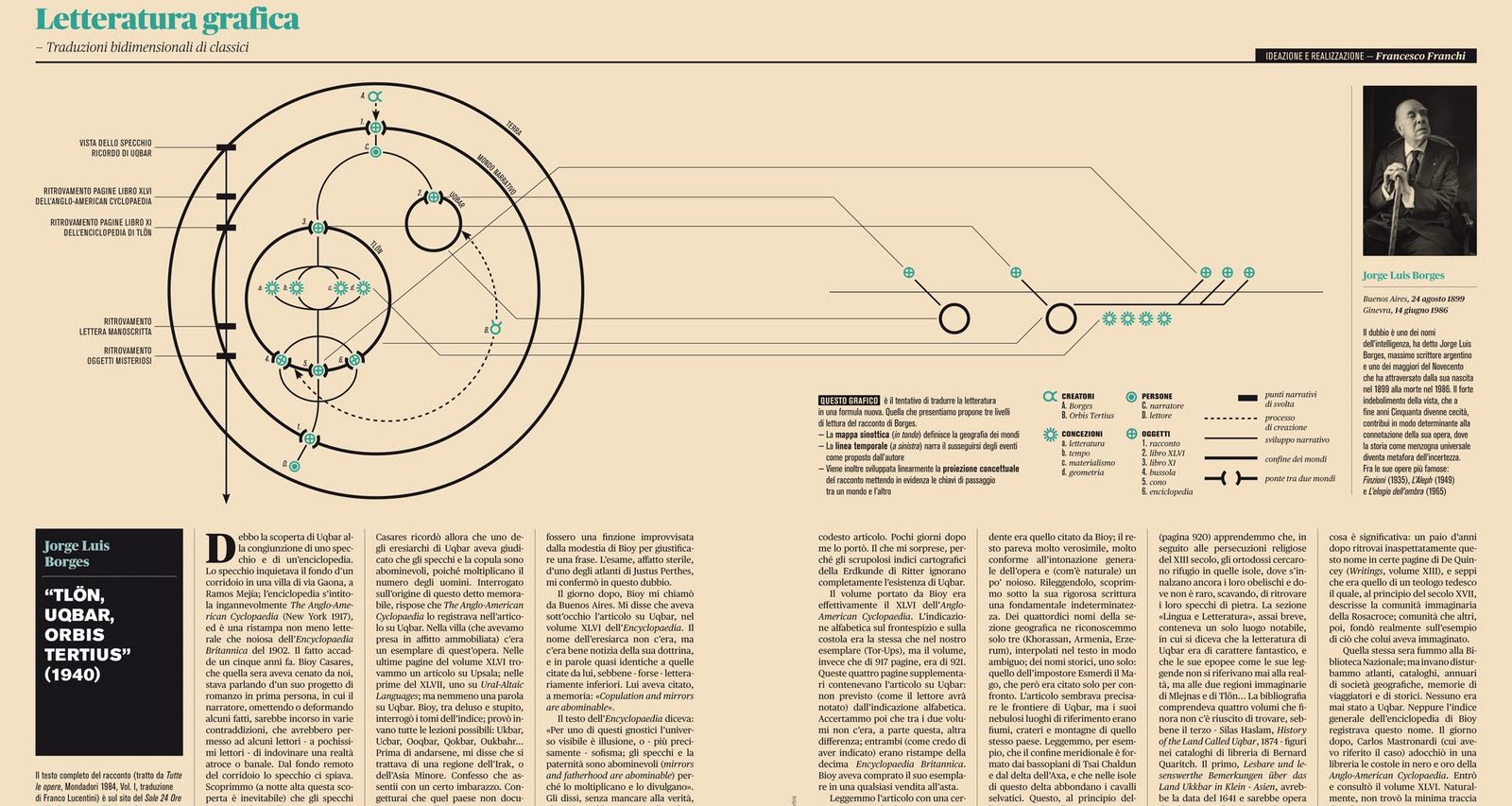November 19, 2009

Commentary on technologies of reading, writing, research, and, generally, knowledge. As these technologies change and develop, what do we lose, what do we gain, what is (fundamentally or trivially) altered? And, not least, what’s fun?
By: Alan Jacobs
